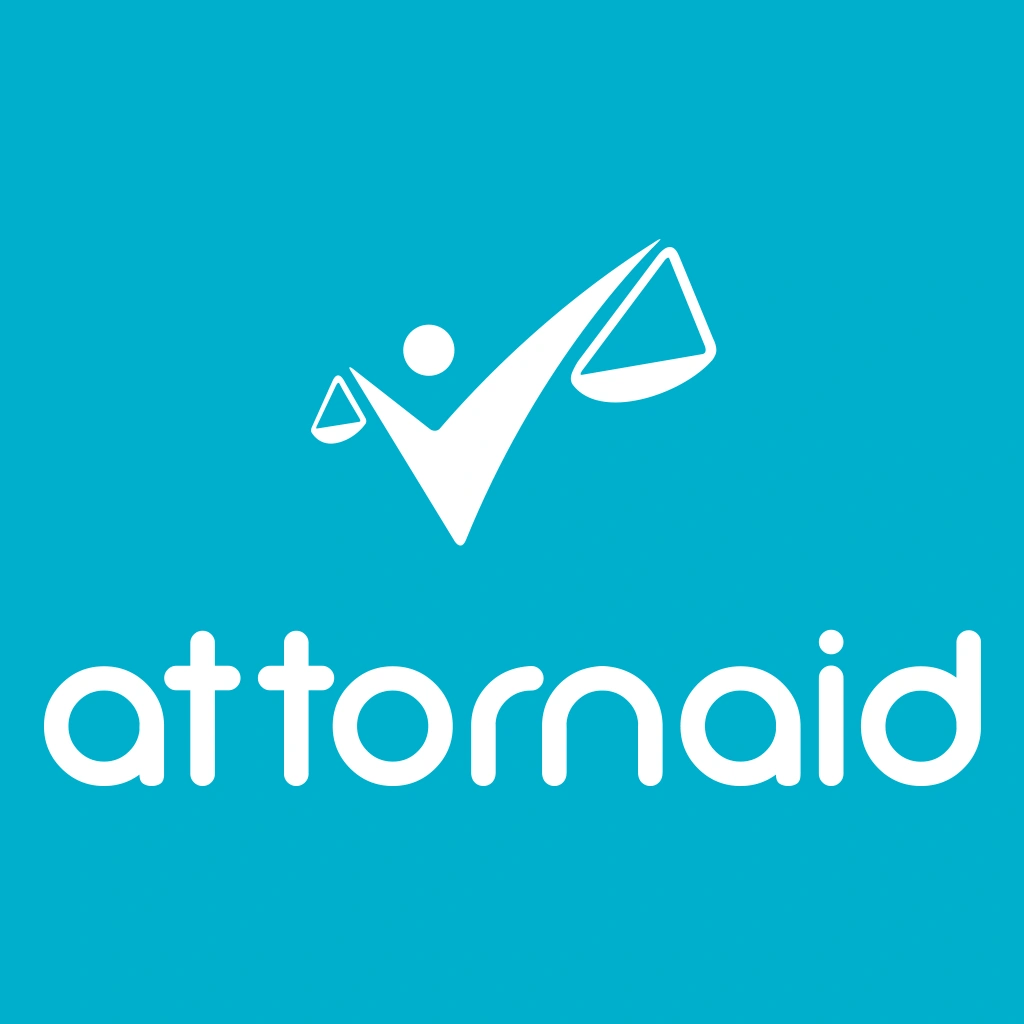A Guide to Fair Labor Practices in Employment Law

Understanding employee rights and employer responsibilities is essential for maintaining fair labor practices and addressing workplace issues effectively. This guide provides an overview of key employee rights, employer obligations, and the steps to take if your rights are violated.
Employee Rights
- Wage and Hour Laws:
- Description: Employees are entitled to fair compensation for their work, including minimum wage and overtime pay. Employers must adhere to federal and state wage laws, ensuring that employees are paid correctly for all hours worked.
- Key Points: Ensure your pay reflects the agreed-upon wage and check for proper overtime compensation.
- Workplace Safety:
- Description: Employees have the right to work in a safe environment free from hazards. Employers are required to comply with Occupational Safety and Health Administration (OSHA) regulations and provide necessary safety equipment.
- Key Points: Report unsafe conditions to your employer or OSHA and use provided safety gear.
- Protection Against Discrimination:
- Description: Employees are protected from discrimination based on race, gender, age, disability, religion, or national origin. Title VII of the Civil Rights Act and other federal laws safeguard employees' rights in the workplace.
- Key Points: Report any discriminatory practices to HR or seek legal counsel if necessary.
Employer Responsibilities
- Compliance with Labor Laws:
- Description: Employers must follow all applicable labor laws, including those related to wages, hours, and workplace safety. This involves maintaining accurate records and staying updated on legal changes.
- Key Points: Regularly review labor laws and consult with legal experts to ensure compliance.
- Providing a Safe Work Environment:
- Description: Employers are responsible for ensuring that the workplace is safe and free from health hazards. This includes conducting regular safety inspections and providing training to employees.
- Key Points: Implement safety protocols and address any reported hazards promptly.
- Addressing Employee Grievances:
- Description: Employers should have procedures in place for addressing employee complaints and grievances. This involves investigating issues fairly and taking corrective action when necessary.
- Key Points: Develop a clear grievance procedure and ensure it is communicated to all employees.
Steps to Take if Rights Are Violated
- Reporting Violations:
- Description: If you believe your rights have been violated, report the issue to your employer’s HR department or the relevant government agency. Document all interactions and maintain copies of any correspondence.
- Key Points: File a formal complaint with detailed evidence of the violation.
- Seeking Legal Advice:
- Description: Consult with an employment lawyer to understand your rights and explore legal options. A lawyer can provide guidance on how to proceed with a claim or lawsuit.
- Key Points: Choose a lawyer with expertise in employment law for tailored advice.
- Filing Complaints:
- Description: Depending on the violation, you may need to file a complaint with agencies such as the Equal Employment Opportunity Commission (EEOC) or state labor boards.
- Key Points: Follow the specific filing procedures and deadlines for the relevant agency.
Knowledge of employee rights and employer responsibilities is vital for protecting yourself in the workplace and ensuring that employers fulfill their legal obligations. By understanding these principles, employees can advocate for fair treatment and address any issues that arise effectively.
FAQs About Employee Rights and Employer Responsibilities
- What are my rights as an employee?
- How can I address workplace discrimination?
- What steps should I take if my employer violates labor laws?
- How can I ensure my employer is complying with labor laws?
- What should I include in a formal complaint to my employer?
Your rights include fair wages, a safe working environment, and protection against discrimination based on various factors such as race, gender, and disability. Familiarize yourself with both federal and state labor laws to understand your specific rights.
Report discriminatory behavior to your employer’s HR department or file a complaint with the Equal Employment Opportunity Commission (EEOC). It’s also helpful to document incidents and seek legal advice to explore further actions.
Report the violation to your employer’s HR department or a relevant government agency. Seek legal advice from an employment lawyer to discuss your options and potentially file a formal complaint.
Regularly review company policies and labor laws, and keep open communication with HR. If you suspect non-compliance, consult with legal experts to address any concerns.
Your complaint should include a detailed description of the issue, evidence supporting your claim, and any relevant documentation. Be clear and concise to ensure your concerns are addressed promptly.




